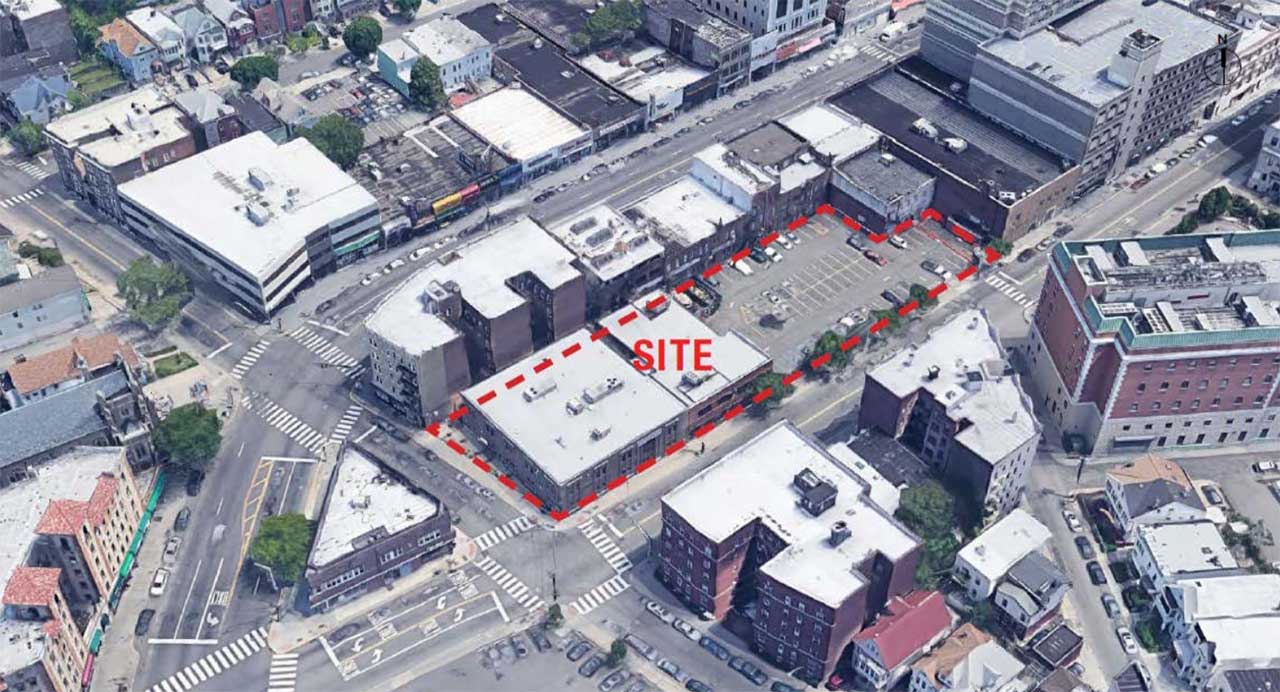
Jersey City’s third Urby project might not be coming to fruition after all.
The Jersey City Redevelopment Agency published an informational item last month stating that Ironstate Development, LLC “advised the agency that it has elected not to pursue the proposed project” around 168 Sip Avenue by Tonnele Avenue.
A February 2 letter from David Barry of Ironstate Development, LLC sought to terminate the firm’s status as the conditional redeveloper of the premises.
The letter, which was addressed to JCRA Executive Director Diana Jeffrey and Hudson County Community College Vice President Nicholas Chiaravalloti, noted that “we have taken this step with utmost reluctance but do not see a market for a project at this site currently [as] a result of the impact of the COVID pandemic on the residential real estate market.”
A request for comment sent to the email address for Barry listed on a letter has not yet been returned.
The plans for the Urby development at this HCCC-owned site were first revealed earlier in the pandemic during the JCRA’s April 2020 Board of Commissioners meeting. At the time, the proposal called for 466 “market rate residential units,” 52 “affordable residential units,” around 12,500 square feet of retail space, and 102 parking spaces.
Another informational item released by the JCRA noted that Phoenix Real Estate Partners, LLC notified the agency on January 19 that it also “has elected not to pursue the proposed project” involving 2 Fisk Street, 311 West Side Avenue, and 315 West Side Avenue.
This development, which was announced in August 2020, was expected to involve largely dismantling an incomplete building near the West Side Avenue Hudson-Bergen Light Rail stop in order to create a new 108-unit project with retail space.
These are not the first local projects to have been put on hold or canceled over the last year. For instance, Jersey Digs reported back in June 2020 that the developer behind Journal Square’s Dream Tower project reportedly contacted the JCRA to notify the agency that their proposal was “no longer feasible due to changes in the market caused by the COVID-19 pandemic.”


